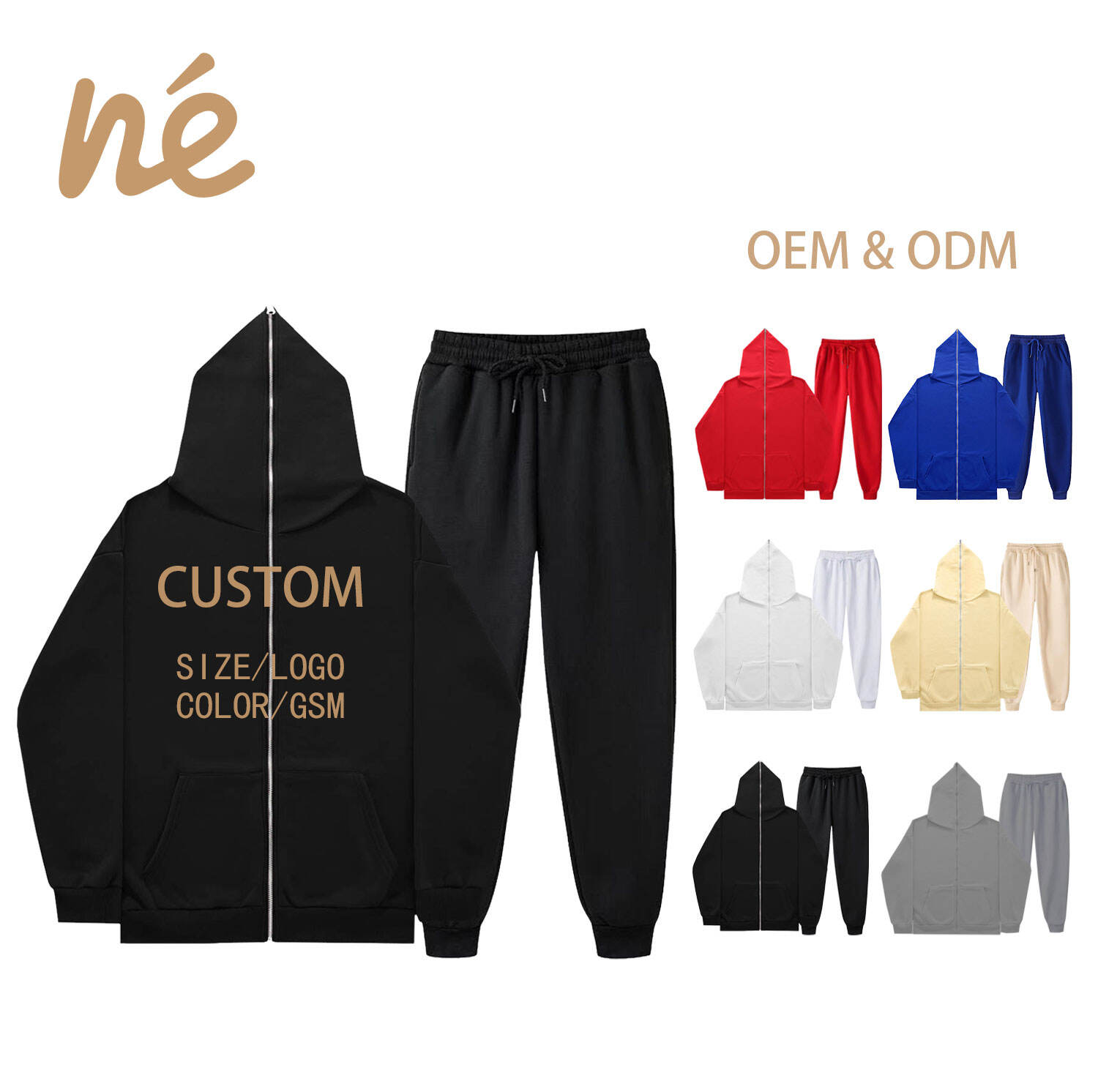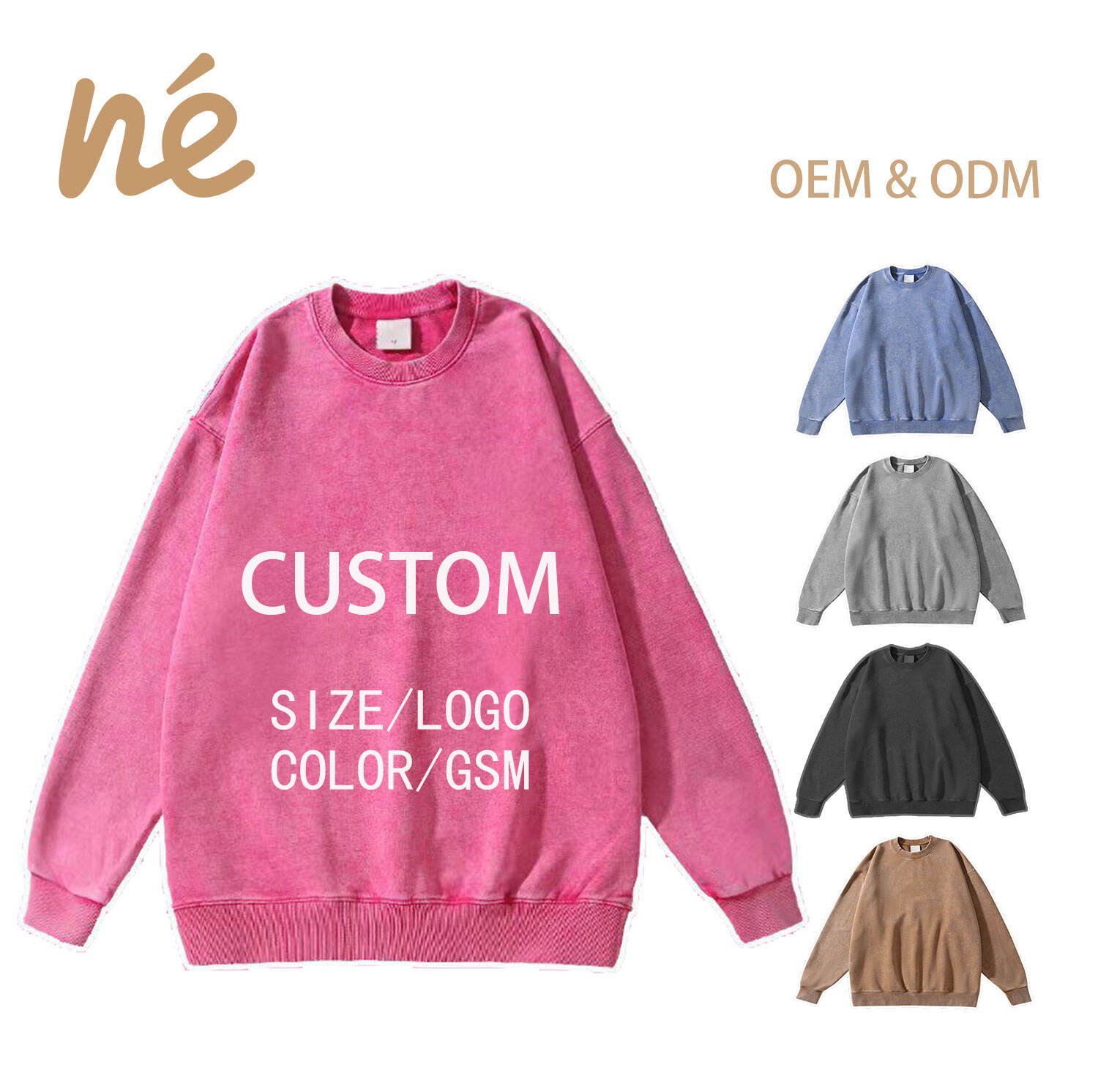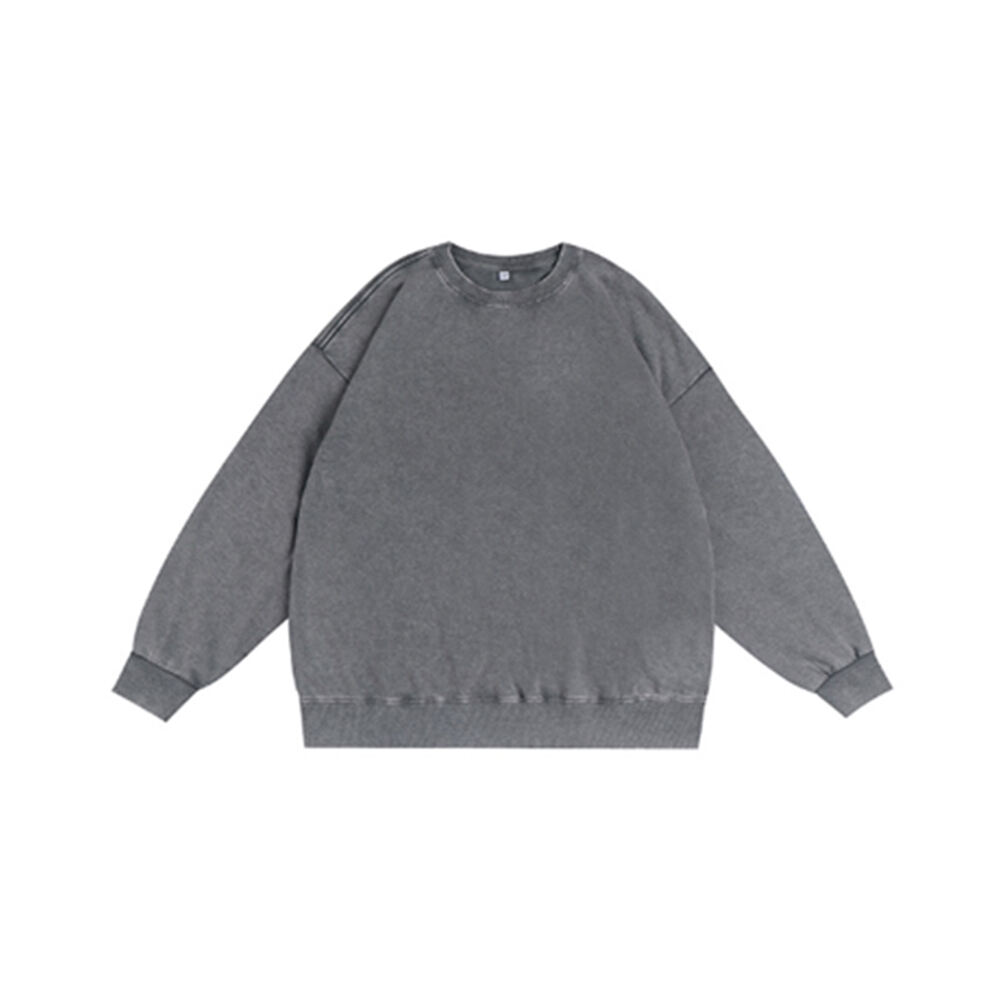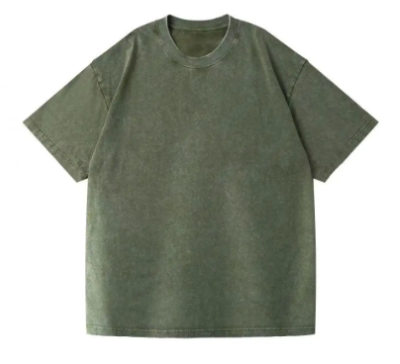fashion clothing manufacturers
Fashion clothing manufacturers are integral players in the global apparel industry, combining traditional craftsmanship with modern technology to create garments that meet contemporary market demands. These manufacturers operate sophisticated production facilities equipped with state-of-the-art machinery for cutting, sewing, and finishing garments. They employ advanced CAD/CAM systems for pattern making and marker planning, ensuring precise measurements and minimal fabric waste. Modern manufacturers utilize automation in various stages of production, from fabric spreading to quality control, while maintaining human expertise in critical areas like design interpretation and final quality assessment. They implement rigorous quality management systems, following international standards and certifications to ensure consistent product quality. Many manufacturers now incorporate sustainable practices, using eco-friendly materials and processes to reduce environmental impact. They also leverage digital sampling and 3D visualization technologies to reduce physical sample production and accelerate the development process. These facilities often feature specialized departments for research and development, testing laboratories for fabric and garment performance, and dedicated teams for trend analysis and market research.












